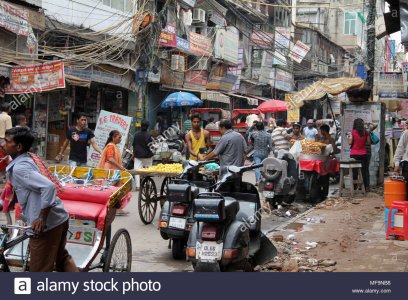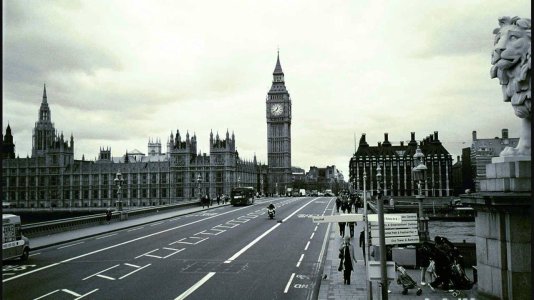Savak
World Star
- Joined
- Feb 16, 2006
- Runs
- 50,164
- Post of the Week
- 3
Some people claim that corruption, criminal activities and money laundering among politicians and bureaucrats is significantly much higher in India in comparison to Pakistan.
But the key question is how come corruption failed to stop India from growing economically but has in comparison been the major reason for preventing Pakistan from realizing its true economic potential?
Is the truth that the assertion that corruption being the number 1 stumbling block to economic growth and prosperity in Pakistan a false statement? Or is the truth that perhaps corruption in India is not as high in comparison to Pakistan?
Or is the truth the level of hard work, ambition, entrepreneurial and industrial drive among the Indian people is far greater in comparison to Pakistani busines owners who are just content with whatever they can make and are unwilling to work hard, spend the money necessary to further innovate and make more extra money in business?
I would love people to debate and brain storm on this topic
But the key question is how come corruption failed to stop India from growing economically but has in comparison been the major reason for preventing Pakistan from realizing its true economic potential?
Is the truth that the assertion that corruption being the number 1 stumbling block to economic growth and prosperity in Pakistan a false statement? Or is the truth that perhaps corruption in India is not as high in comparison to Pakistan?
Or is the truth the level of hard work, ambition, entrepreneurial and industrial drive among the Indian people is far greater in comparison to Pakistani busines owners who are just content with whatever they can make and are unwilling to work hard, spend the money necessary to further innovate and make more extra money in business?
I would love people to debate and brain storm on this topic










